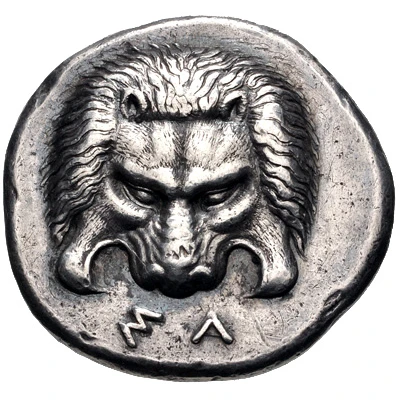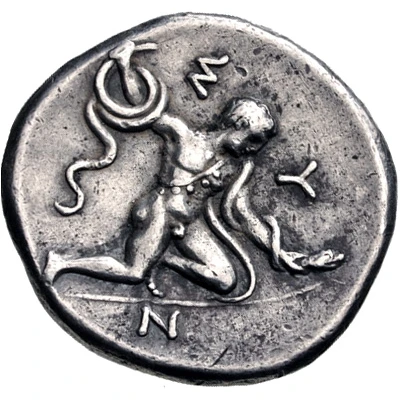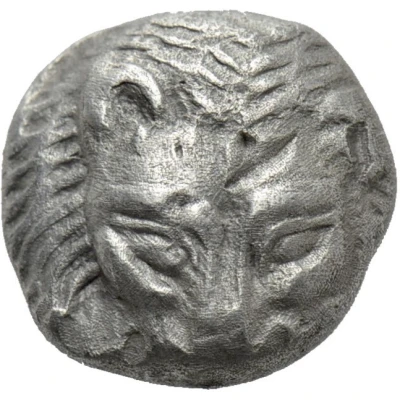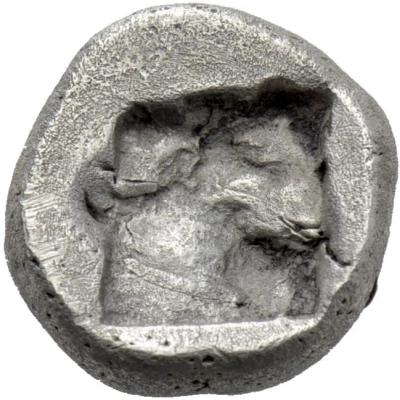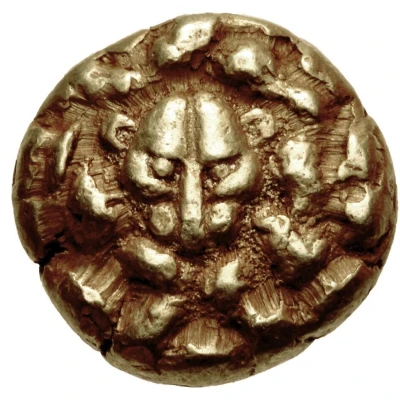
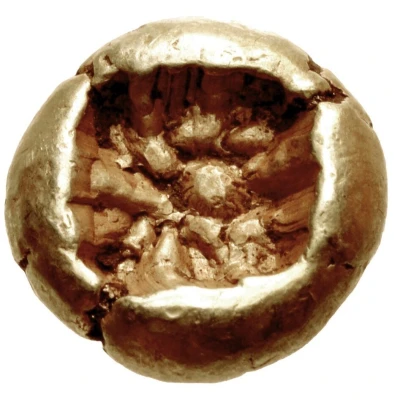

© Classical Numismatic Group, Inc.
Hekte 600 BC - 570 BC
| Electrum | 2.89 g | 11.0 mm |
| Issuer | Samos (Ionia) |
|---|---|
| Type | Standard circulation coin |
| Years | 600 BC - 570 BC |
| Value | Hekte (10⁄3) |
| Currency | Drachm |
| Composition | Electrum |
| Weight | 2.89 g |
| Diameter | 11.0 mm |
| Shape | Round (irregular) |
| Technique | Hammered, Incuse |
| Demonetized | Yes |
| Updated | 2024-10-10 |
| Numista | N#189624 |
|---|---|
| Rarity index | 100% |
Reverse
Incuse square with irregular markings
Interesting fact
The Hekte coin was used as a form of currency in ancient Greece, specifically in the city-state of Samos (Ionia) during the 6th century BC. It was made of Electrum, a naturally occurring alloy of gold and silver, which gave it a unique value and authenticity. Despite its small weight of 2.89 grams, the Hekte coin played a significant role in the ancient Greek economy, serving as a medium of exchange for everyday transactions. Its design featured an image of a lion's head, which symbolized strength and power, reflecting the importance of the lion in ancient Greek culture.
